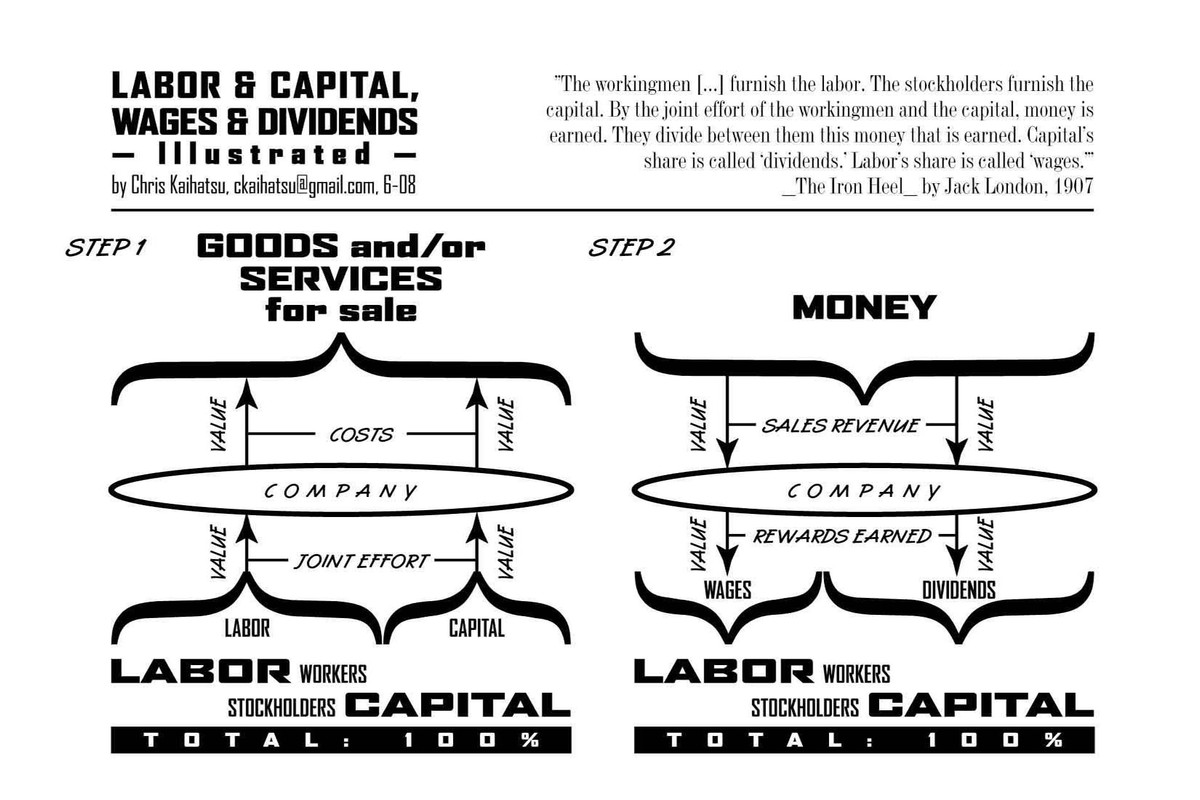It is, however, a mythical construction, as there never was a paradox for Smith and his successors. In showing why the story of the diamonds and water paradox is a fable, the purpose of this article is to provide a historical perspective on its construction. It will be argued that the fable is one of a series of attempts, dating from the early nineteenth century, to stabilize the meaning of Smith's diamonds and water paragraph in a theory of value and distribution. While the paradox reading of that paragraph dates from the first edition of Jevons's Theory of Political Economy, the fable itself was a product of the twentieth century. After elements of the story began circulating from the 1920s, it was given a canonical representation in the first edition of Samuelson's Economics (1948). The subsequent success of the fable is a striking illustration of how a textbook illustrative device can recirculate, via lectures and other textbooks, to achieve the status of a professional myth.
Doctoring Adam Smith: The Fable of the Diamonds and Water Paradox
Michael V. White
History of Political Economy
Duke University Press
Volume 34, Number 4, Winter 2002
pp. 659-683
I don't really have anything against this type of thought experiment, but it's quite silly to believe it proves anything. At best, you could claim economic 'theories" are not provable in any reasonable sense, as long as you extend your skepticism to marginal theories of value. I don't consider the "Theory" part of MMT, for example, to be legitimate, even though I'm sympathetic to some of its political positions. I'm not a Popperian hard liner when it comes to theory, but the smug arrogance of neoclassical practitioners practically begs for a hard take down.
Robert Solow (1984): Conversations with Economists: “Suppose someone sits down where you are sitting right now…
…and announces to me that he is Napoleon Bonaparte. The last thing I want to do with him is to get involved in a technical discussion of cavalry tactics at the battle of Austerlitz. If I do that, I’m getting tacitly drawn into the game that he is Napoleon. Now, Bob Lucas and Tom Sargent like nothing better than to get drawn into technical discussions, because then you have tacitly gone along with their fundamental assumptions; your attention is attracted away from the basic weakness of the whole story. Since I find that fundamental framework ludicrous, I respond by treating it as ludicrous–that is, by laughing at it–so as not to fall into the trap of taking it seriously and passing on to matters of technique.
The fundamental crime of modern economics is that it doesn't make an explicit commitment to be human-centric, as its first principle. It treats economic phenomena as independently real and not radically contingent on the human society in which they are embedded. MMT is guilty as well by constantly arguing with Napoleon over cavalry tactics.
The old world is dying, and the new world struggles to be born: now is the time of monsters. -Antonio Gramsci









 - By Potemkin
- By Potemkin - By Pants-of-dog
- By Pants-of-dog